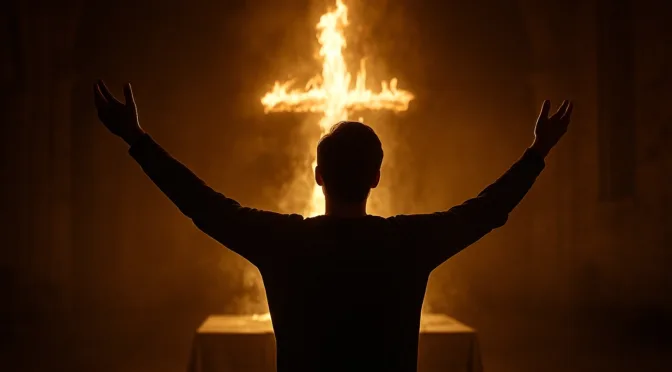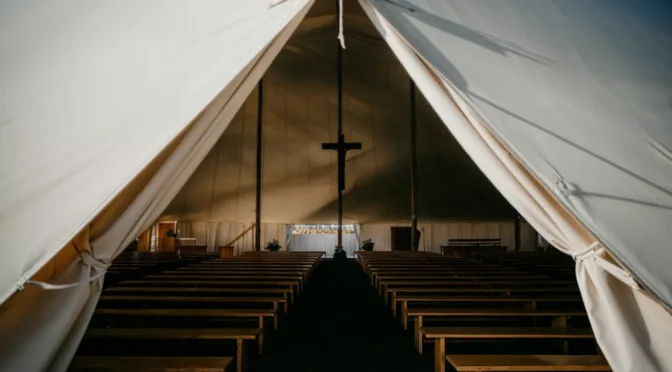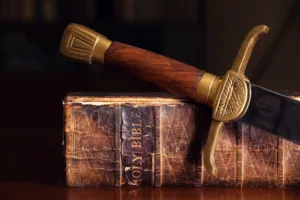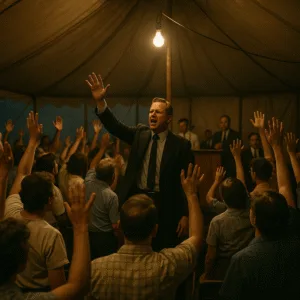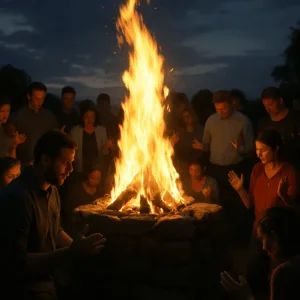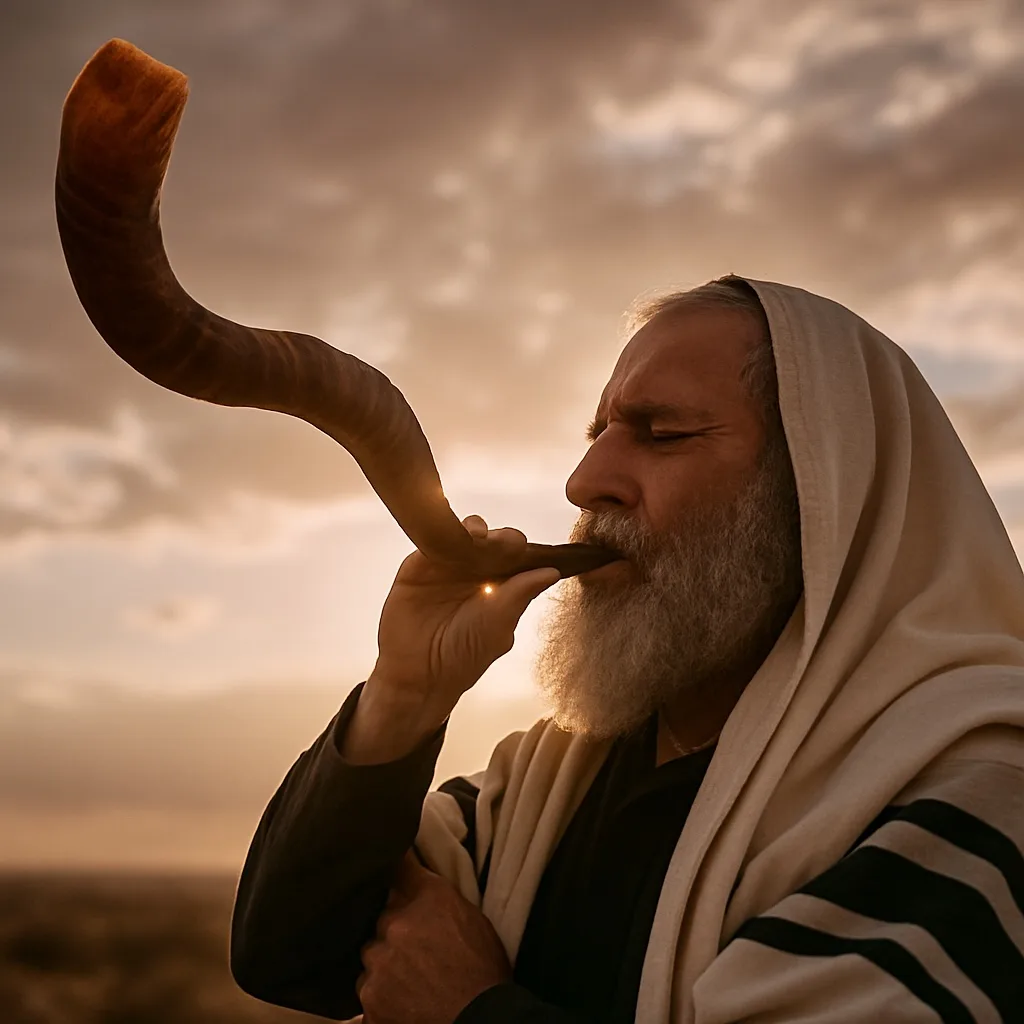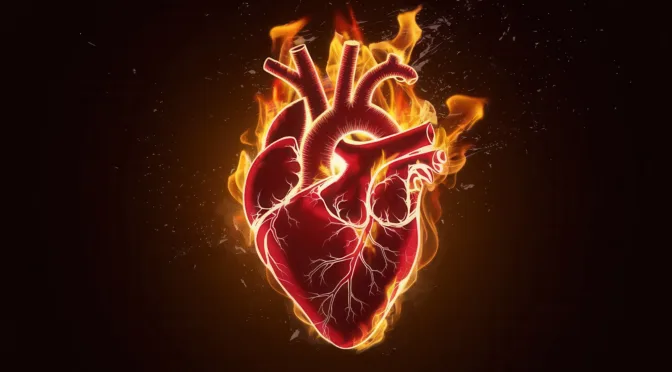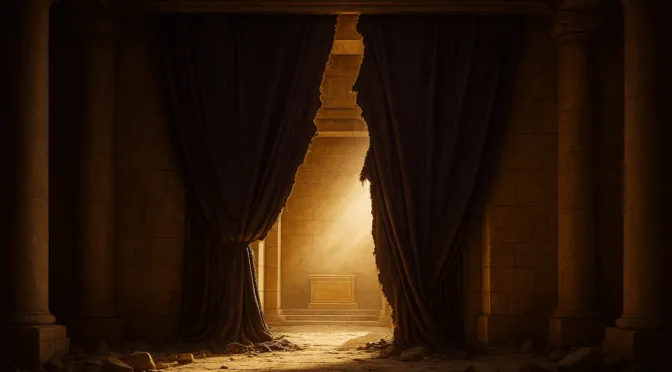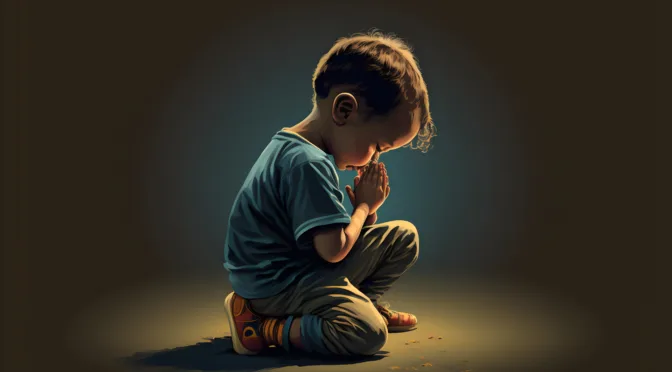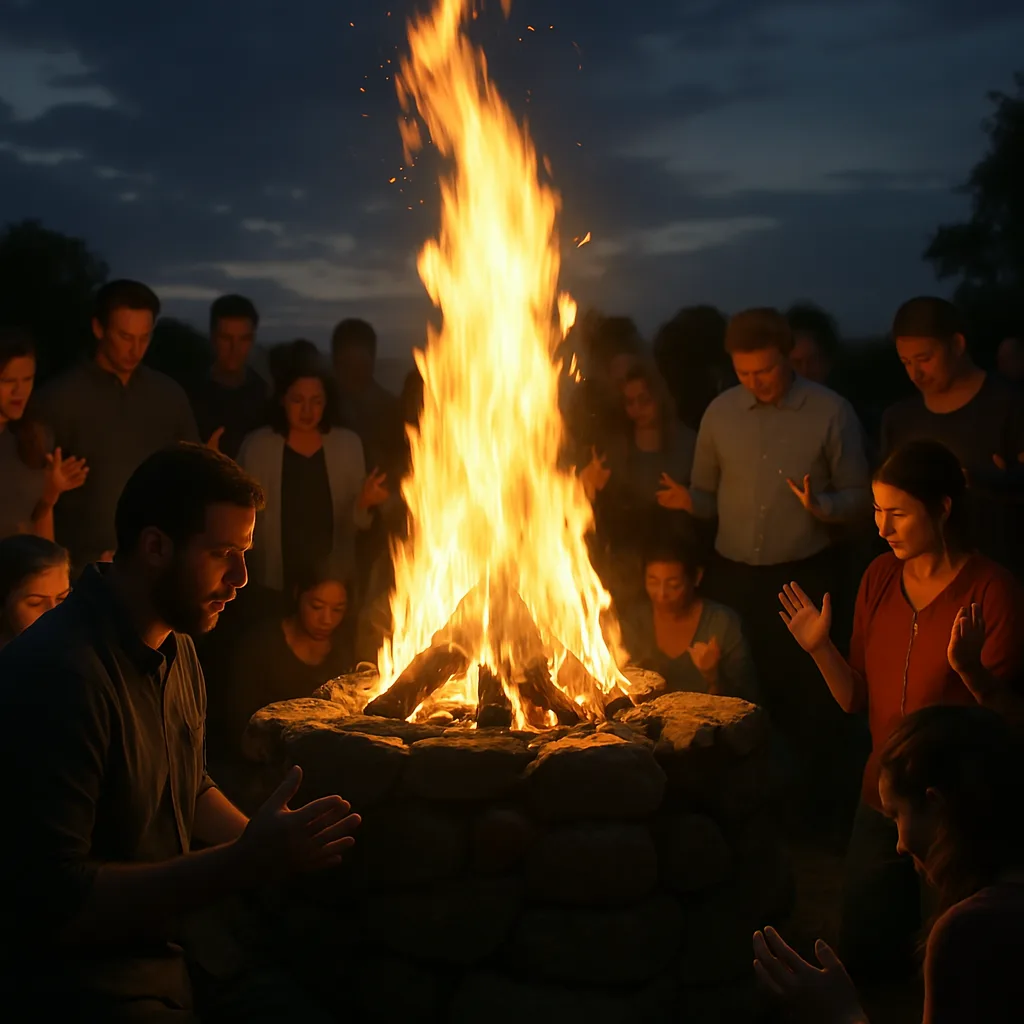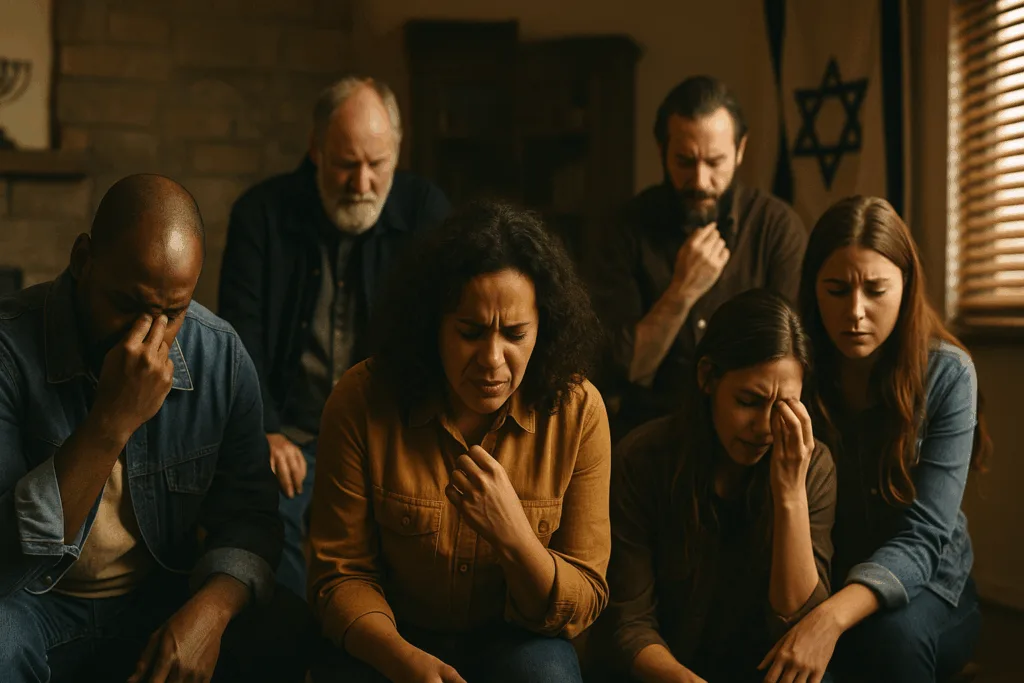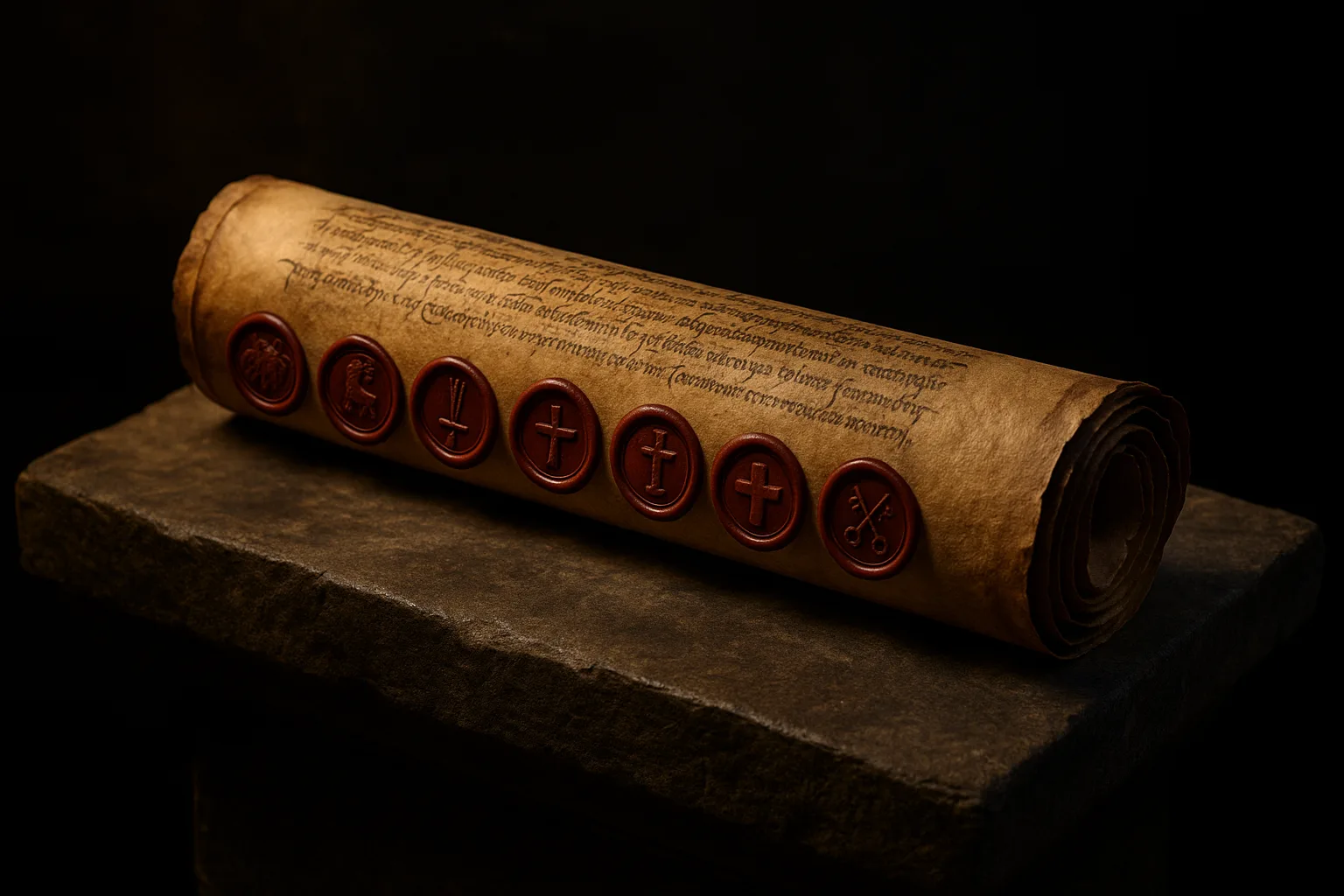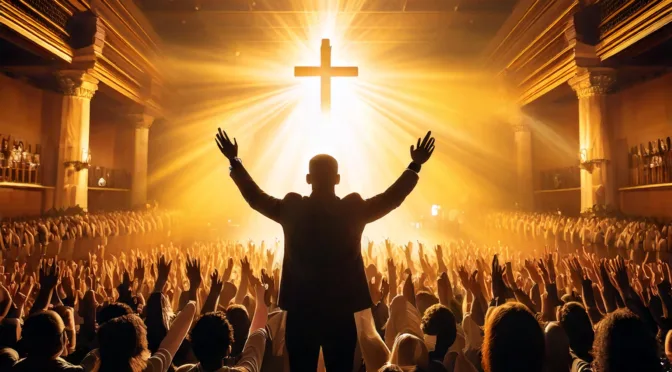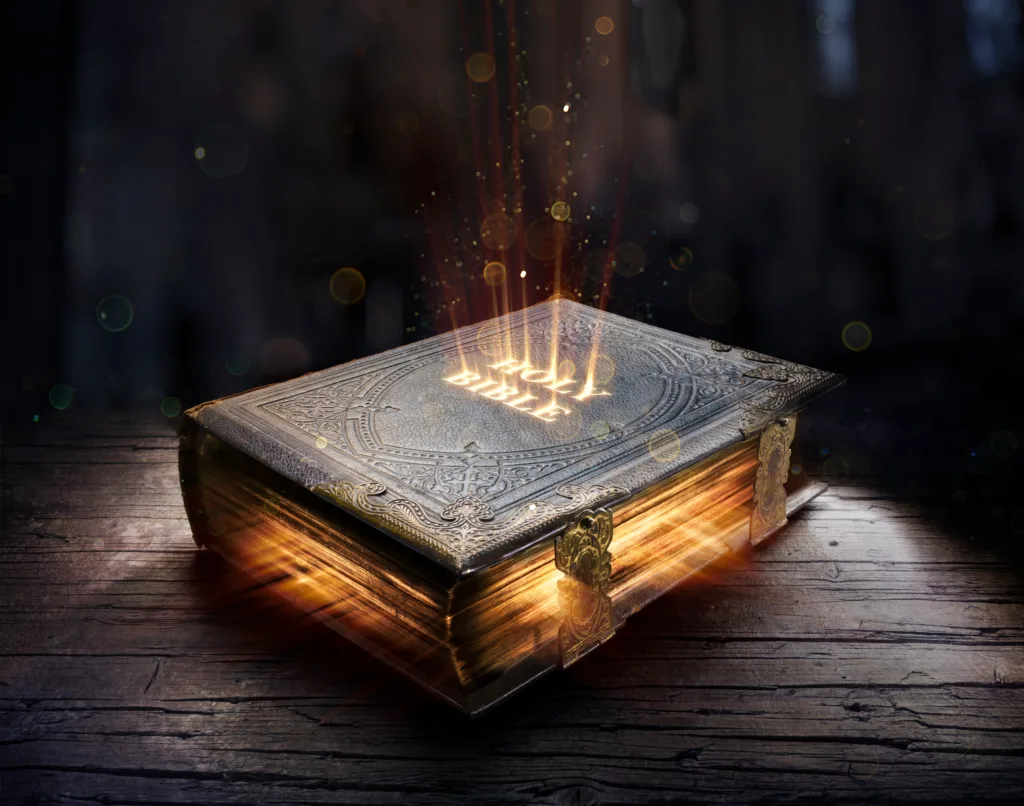We Need to Believe
There is a quiet skepticism that has crept into many hearts today, even among those who regularly attend church and call themselves believers. We talk about prayer, but if we are honest, many of us secretly wonder: does God really answer now? Does He still heal? Does He still move? Or were those miracles only for long ago?
Too often, we pray like atheists. We speak words with our mouths, but in our hearts, we expect little. We offer safe, careful prayers that protect us from disappointment. Society, agnostics, and skeptics have spoken into our minds for generations, lowering our expectations of what is possible. This must be unlearned.
But prayer is not dead. God is not distant. Prayer still works today. We just need to believe again.
Across history and across the globe today, there are documented cases of healing and miraculous answers to prayer. These are not just rumors or unverified stories. They come with real investigation, real documentation, and real testimonies. These modern and historical testimonies remind us: what God did before, He still does today.
Documented Healings Through Prayer
One of the most thoroughly reviewed sources is the Lourdes Medical Bureau in France. This organization investigates healing claims from visitors to the Lourdes shrine. Every claim is put through rigorous scientific and medical examination. Out of thousands of reports, several have been officially recognized as “medically inexplicable” recoveries, including cases of cancer. These include tumors vanishing completely and advanced-stage cancer disappearing without further treatment.
Another source comes from modern medical research. Dr. Harold G. Koenig of Duke University and other researchers have studied cancer patients who, after seasons of intense prayer, experienced spontaneous remission. These remissions are described in peer-reviewed journals as medically unexplainable. Those healed consistently report the same thing: they cried out to God and believed.
In the evangelical Christian world, ministries like Global Awakening have recorded similar events. Under careful documentation, physicians review before-and-after scans and patient reports. These reviews confirm that what some thought impossible has taken place.
Historical Testimonies of Fervent Prayer
This is not new. History has always confirmed that revival and awakening come through prayer. Dr. J. Edwin Orr, a historian of spiritual revival, emphasized this truth repeatedly. He once said, “History is silent about revivals that did not begin with prayer.” To illustrate, Dr. Orr spoke of John Hyde, known as “Praying Hyde.” Hyde was a missionary in India who would labor in prayer until revival swept across whole regions. He prayed not politely but with deep, unrelenting persistence. His prayers were marked by groanings too deep for words, clinging to God until the breakthrough came.
Another example is Rees Howells, known as “The Intercessor.” During World War II, he led fervent intercession for entire nations. Those who prayed with him said he would not rise from his knees until he sensed God had answered. Howells believed, as Scripture teaches, that prayer moves heaven and changes history.
The Biblical Call to Believe
Scripture does not leave this as a mystery. We are commanded to pray in faith:
“Ask, and it will be given to you; seek, and you will find; knock, and it will be opened to you. For everyone who asks receives…” (Matthew 7:7–8 NASB)
“Whatever you ask for in prayer, believe that you have received it, and it will be yours.” (Mark 11:24 NASB)
“The effective, fervent prayer of a righteous person can accomplish much.” (James 5:16 NASB)
These verses are not poetic suggestions. They are declarations of spiritual reality.
When someone is placed in front of us, and we are asked or called to prayer, that is where the real happens, and faith is truly tested. Are we willing to settle for a “not yet” response? I do not read Yeshua telling people to wait. I do not read the apostles telling people to wait. They prayed, and it was done. Where is our faith, brothers and sisters?
Yet we must also be honest. In churches today, people in wheelchairs are brought forward week after week. Hands are laid on them, but they do not rise. They do not walk. We must ask: is this scriptural?
Scripture shows both immediate healings and times when prayer is persistent, even delayed. Yeshua healed instantly many times (John 5:9; Acts 3:6–7). Yet Paul speaks of ongoing illness (Philippians 2:27; 1 Timothy 5:23) and persistent prayer (2 Corinthians 12:8). The Church is called to believe for immediate healing and to persist when the answer tarries.
Our expectation matters. Do we guard our hearts to avoid disappointment if nothing happens? Do we blame the sick person for lack of faith? Or is there something deeper we are missing?
We may be missing unity in prayer (Acts 4:24–31), personal holiness and obedience (James 5:16), and true spiritual authority as children of God. We may be missing the kind of prayer that refuses to let go until the answer comes.
Blame is not the posture of faith. Our role is to pray, not to judge. Faith means standing in the tension: expecting God to move immediately while trusting His timing when the answer delays. We are called to pray expecting immediate answers while standing firm in trust when the answer comes differently than we hope.
We Must Rebuild the Altar of Prayer
The truth is clear. We must rebuild the altar of prayer in our own hearts. Many have allowed that altar to grow cold. We must tear down the altars of pride, self-reliance, and quiet unbelief. We must lay ourselves down again as living sacrifices.
We must pray not once or twice but persistently. Yeshua taught us to pray continually: to ask, seek, and knock until the answer comes. Like Jacob, we must be willing to say, “I will not let You go unless You bless me.” (Genesis 32:26 NASB)
I do not write these words as someone above the struggle. I am waiting on answers too. But I know this: God is faithful. His Word is enough. His power is real. His heart is good.
We do not always see the answer in the way or timing we expect, but this does not change who God is. He remains faithful, good, and true. Our call is to pray, to believe, and to trust Him completely.
Prayer Still Works. Believe Again.
So let today be the day we return. Let us pray again. Not with small, careful words, but with boldness. Let us press in again. Let us build the altar again. Let us believe again.
Because when God moves, everything changes.

